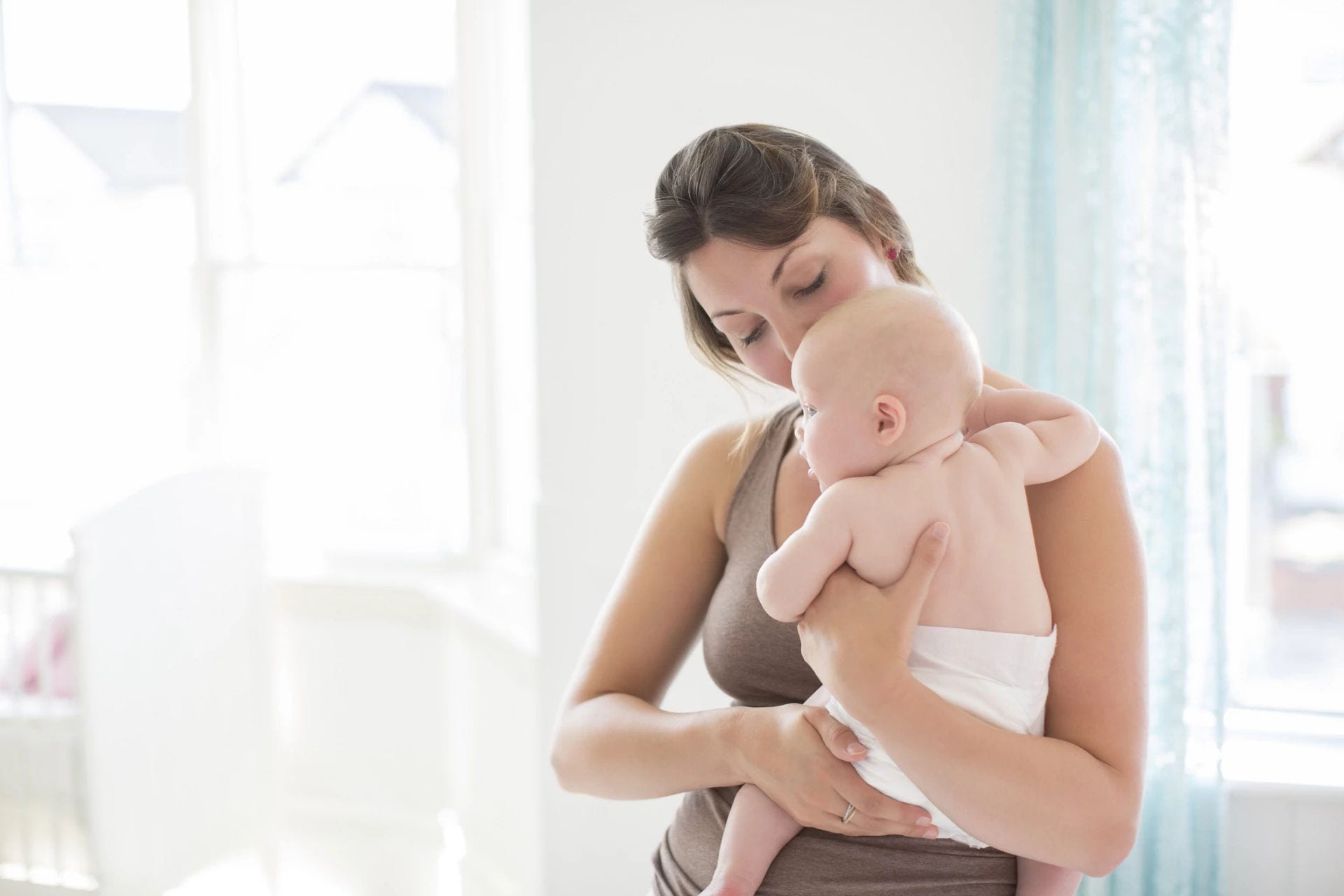If your little one is pooing less than three times a week, and has poos that are either large, hard and difficult to push out, or small, hard and pellet-like, they may be constipated1. Around 15% of babies experience constipation by their first birthday2, although babies that are exclusively breast-fed are less likely to experience constipation.
Read on to learn about the signs and symptoms to look out for, what to expect from your baby’s nappies, what causes constipation, and tips on how to manage constipation.














?ts=1758185681168&dpr=off)







